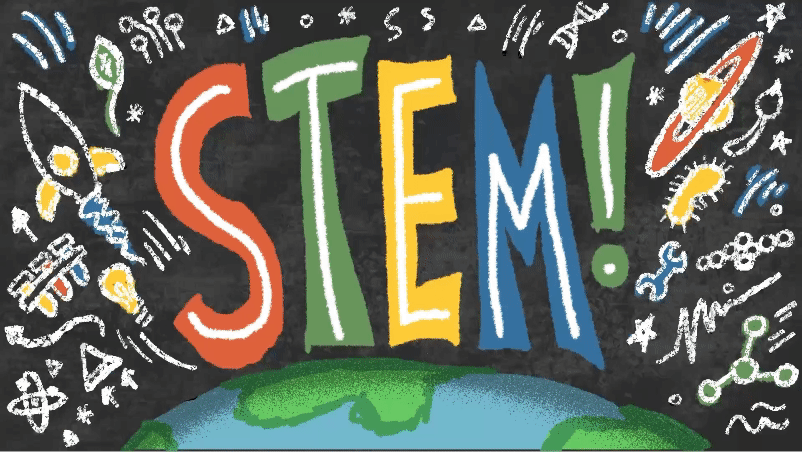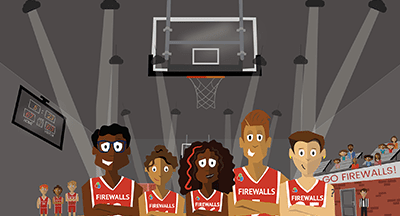
Every role in K12 schools has undergone incredible change in the recent past, but perhaps none more dramatically than the school librarian.
Changing role or not, librarians impact students’ lives, development of skills, and consumption of authentic media. Here are four ways librarians support students.
School librarians build relationships.
Students benefit from positive connections with adults not based on grades.Librarians are low-stress authority figures. Historically, this has resulted in a contrary caricature of an educator who is strait-laced, whip cracking, and devoted to the rules—and maybe some are. But they also possess never-ending curiosity, rare neutrality, the impetus to learn forever. There's a lot a student can relate to.
School librarians share representation.
Students benefit from seeing people who look like them, but they benefit even more from seeing people who don’t look like them and don’t share their experiences.Librarians hold the key to knowledge students need in order to understand their place in the world. They can offer primary accounts of historical events. Librarians can match students with protagonists and heroes who share their ethnic and social backgrounds, even when their real-life surroundings don’t.
Perhaps more importantly, students who do grow up surrounded by people who look and live exactly the way they do need to see different cultures and experiences authentically represented in the literature they consume. Librarians facilitate the connections students make to their world, whether it’s in their own backyard, in a different neighborhood, or halfway around the world.
School librarians meet kids where they are today.
Students benefit when their developmental needs are met.Adolescents are particularly helped by a school librarian. Proximity to puberty inspires a particular zest for new experiences. Librarians are trained to create those new experiences and send students on a curated quest for knowledge. Yet another pubescent quality is the desire for fairness, and a chance to explore and come to an unbiased conclusion. Librarians live to create those primary experiences and aha moments.
School librarians bridge high- and low-tech skills.
Students benefit from mastering research skills in print and digital media.Anyone who grew up in the stacks is probably in for a huge surprise when they visit a new library media center. It’s still important for kids to learn their way around print media, especially reference texts and periodicals. And the tech aspect of libraries, especially makerspaces, introduces students to new experiences they may not encounter anywhere else. Library makerspaces may feel more comfortable and low pressure for minority students than exploring technology education as a full-semester elective or joining extracurricular clubs.
Librarians create experiences for all students regardless of background, orientation, ethnicity, ability, and interests. They are trained to introduce kids to totally new experiences in authentic literature. Through their expert guidance, students see the world without leaving their school—hopefully inspiring them to go out and see some of those sights in person.
And maybe then that student’s authentic voice could join the next round of recommendations at their school library.
Follow-up resource: Libraries and technology
See the shifts libraries have experienced as they transition from print to digital spaces.WHAT'S NEXT FOR YOUR EDTECH? The right combo of tools & support retains staff and serves students better. We'd love to help. Visit skyward.com/get-started to learn more.

|
Erin Werra Blogger, Researcher, and Edvocate |
Erin Werra is a content writer and strategist at Skyward’s Advancing K12 blog. Her writing about K12 edtech, data, security, social-emotional learning, and leadership has appeared in THE Journal, District Administration, eSchool News, and more. She enjoys puzzling over details to make K12 edtech info accessible for all. Outside of edtech, she’s waxing poetic about motherhood, personality traits, and self-growth.




